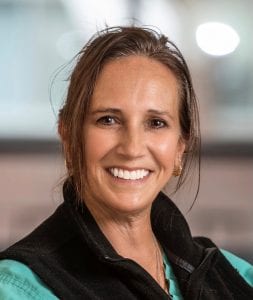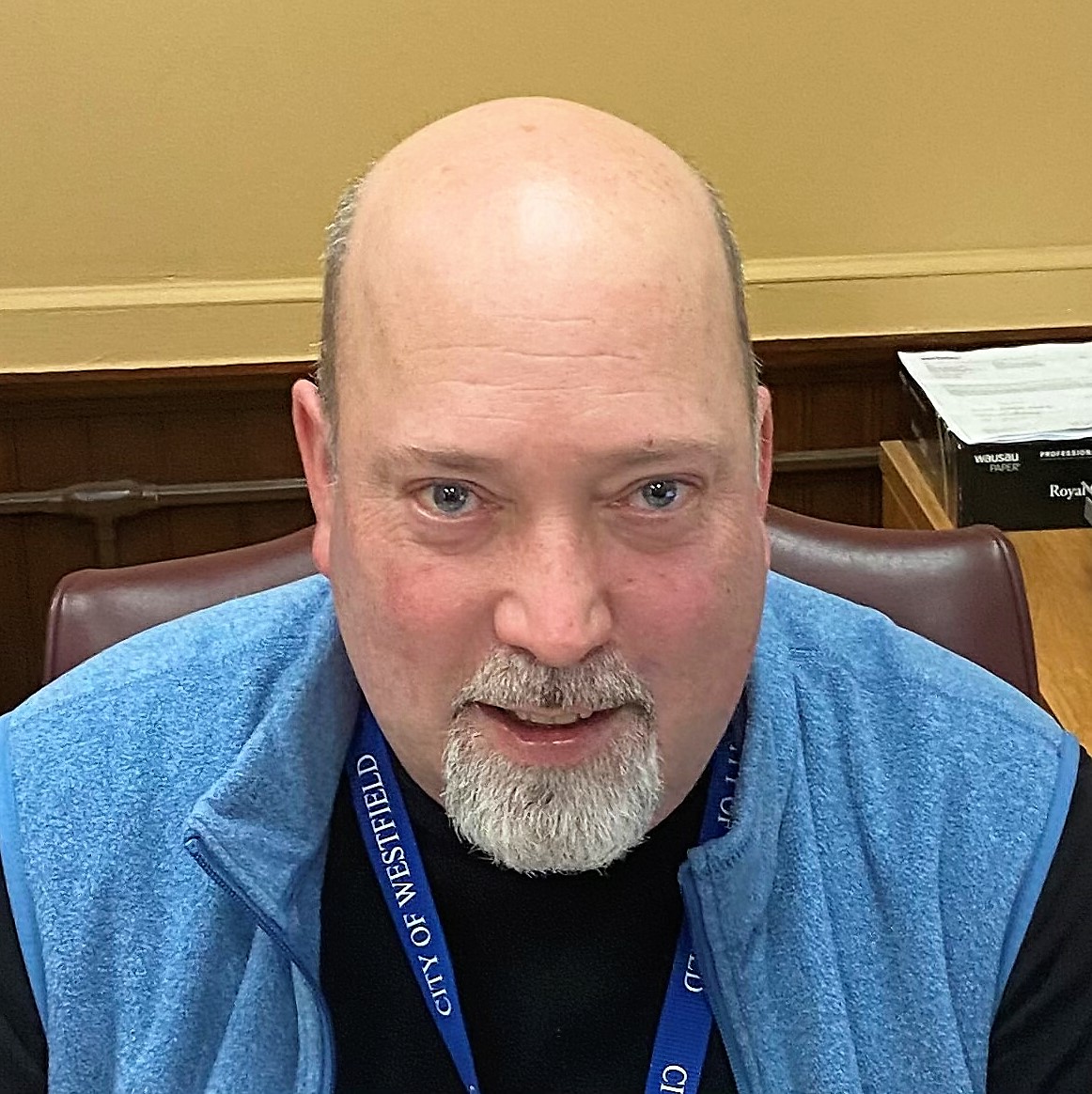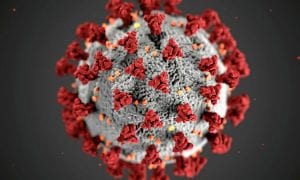By Juanita Carnes FNP, Board of Health chair and Joe Rouse, health director

JUANITA CARNES,
Chair, Westfield Board of Health
WESTFIELD – Welcome Spring. Unfortunately, another Spring of COVID-19. Sadly, another Spring of the unknown; resurging cases and new variants. There are positive and negative differences from last year at this time. We have an arsenal against the virus, the vaccine and the knowledge of how to fight the spread. The bad news is we are repeating history. We are looking at another resurgence and who knows how many more. Too many states and citizens are relaxing precautions. It can’t be said enough that our greatest strength as a community is to adhere to ALL public health measures that have become the new mantra of the world: social distancing, wash your hands, wear your mask, get vaccinated when you can……

JOSEPH ROUSE,
Westfield Health Director
As of Wednesday, 113,037,627 doses of COVID-19 vaccines have been administered out of 147,590,615 doses distributed. 132 million doses of vaccine are expected to be produced this month. This is triple February’s production. COVID-19 cases are up 5% for the week ending 3/21 after nine consecutive weeks of a decline. Thirty states are recording increases. CDC Director Rochelle Walensky continues to warn us of another surge due to public health measures relaxing as variants emerge.
See Friday’s edition for recent local statistics and information.
What exactly is sequencing and why is it important? There are many, many variants. They are identified scientifically and then acquire “nickname” such as UK, South African, Brazilian. Sequencing is a laboratory technique to read the genetic code and identify variants. This process enabled the identification of the initial SARS-CoV-2 last year allowing the development of tests, vaccines and therapies. Some of these mutations do not affect the virus’s ability to spread or cause worsening disease. We are only concerned with the ones that make the virus stronger. They are classified as:
*Variants of Interest (prediction of it affecting transmission, diagnostics etc – three being monitored in the US),
*Variants of Concern (evidence of increase in transmission, etc – five in the US)
*Variants of High Consequence (clear evidence that prevention measures and medical care are ineffective – currently none), thankfully.
Are you wondering why when you learn of your positive COVID test, you are not informed if it is a variant? The patient identified on the Cape as having the UK variant may not even know she tested positive for this variant. Federal rules governing labs around who can be told about the variant cases are very confusing. These tests are being done at research labs with no communication back to doctors and their patients. The tests are not approved by clinical (patient care) lab guidelines and agencies. These regulatory restrictions can potentially impede efforts to control these variants. A patient’s care may not necessarily change but knowing what variant a patient is infected with may help the provider better care for the patient. It also helps providers to care for their patients knowing what diseases are prevalent in the geographic area they are practicing in.
Variant testing in the US is done by the CDC (sequencing 750 samples weekly), partnership with commercial diagnostic laboratories (6,000 weekly), contracts with universities, state and local health departments, and a newly created consortium of laboratories to coordinate US sequencing efforts outside the CDC. This data is available for use by public health professionals, researchers and industry. Sequencing is expanding with more labs and the potential of a change in regulations to provide information to the patient and provider. But like the vaccine, the need is greater than the speed. Take care of yourself and someone else.
Dedicated health department members who have been working tirelessly throughout the pandemic are: Debra Mulvenna RN, Assistant Director Evelyn Bristol RN, Steve Cipriani, Health Inspector Thomas Hibert, Health Inspector Cheryl McMordie, Office Manager Crystal Dugay, Kathi Cotugno, CORE coordinator
Other Board Members: Margaret Doody, Stan Strzempko MD
WE KEEP WORKING TO KEEP YOU SAFE Wear your mask. Wash your hands. Keep your distance. Avoid gatherings. Stay home. Save lives.
Look for us in next Saturday’s edition.






